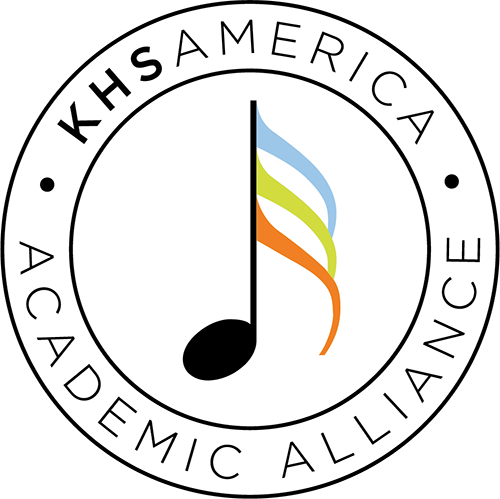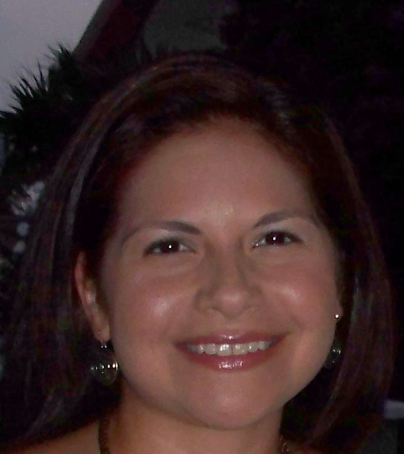Imagine a world where students in beginning 6th grade don’t have to spend months being taught how to follow a conductor, read staff notation, or perform with good posture. Imagine middle school students being able to follow a musical roadmap, play with dynamics, and keep a steady tempo from day one. Imagine a world where high school marching bands don’t have to spend half their summer teaching students how to march to a beat or breathe together to play together. It is NOT such a far-fetched idea!
Elementary music education is an important element for creating a strong, learning foundation that can be transferred to secondary level programs. Though there are several music methodologies and approaches used to accomplish this task, the Orff Schulwerk approach tends to be a popular choice in a majority of American public school systems.
The Orff Schulwerk approach to music learning began over 67 years ago in Germany by Carl Orff and by his lifelong collaborator, Gunild Keetman. The art of movement, speech/singing, and playing is combined to form an endless array of learning possibilities. The idea is to provide all children the opportunity to be an active participant in music creation and discovery despite age, gender, ethnicity, or socioeconomic status. This approach to music learning has gained popularity worldwide in both Western and Eastern countries which proves how naturally the style can fit into any music culture.
The fundamental music concepts taught using this approach include, but are not limited to rhythm, melody, texture, harmony, and form. The Orff Schulwerk approach offers a variety of ways to teach these concepts using natural behaviors such as playing instruments, singing, chanting, and dancing to internalize understanding. Body percussion and movement activities help develop students’ coordination, improve spatial timing, and encourage self-expression. Students learn and establish correct posture while performing on instruments. From a social aspect, students inherit the ability to work in cooperative groups, create and organize ideas, make informed decisions, and offer constructive feedback. Moreover, students are active participants in their music learning, making them responsible for providing solutions to artistic problems. Though lessons are organized and fundamentally introduced by the teacher, there is a lot of room for students to contribute their thoughts. Since the Orff Schulwerk approach serves as a guideline for music educators, lessons can be easily adapted into any music district’s curriculum, any grade level, and can be accommodated to fit the individual schools’ schedule and learning space.
In the world I know today, there are not many elementary and secondary teachers coming together and sharing ideas on how they approach teaching music to children and what they feel children should already know musically by a certain age. My question is… “Why?” If music educators want children to have a successful, high quality education, why then are we leaving it up to assumption that directors have to start from scratch when teaching beginner 6th graders music concepts without any consideration as to what they may have learned in elementary school? The Orff Schulwerk approach may not be for everyone, but it is definitely a conversation starter to begin building a plan to change the status quo of music education for the better of future generations.
Bibliography
American Orff-Schulwerk Association. Last updated 2015. Accessed August 10, 2015. AOSA.org.
Keetman, Gunild. Elementaria: First acquaintance with Orff-Schulwek. London: Schott &Co. Ltd., 1974.
Steen, Arvida. Exploring Orff: A Teacher’s Guide. New York: Schott Music Corporation, 1992.
About the Author
KALEEN RODRIGUEZ HERNANDEZ received her Bachelor’s degree from the University of North Texas as a percussionist in music education. She studied under notable professors such as Christopher Deane, Ed Smith, Paul Rennick, and Jose Aponte. Mrs. Hernandez is Orff Level 1 Certified and taught elementary music for 7 years in Garland ISD. She directed choir, recorder, and Orff/percussion ensembles on her campus that received many first division and best in class awards. Mrs. Hernandez is currently teaching private percussion and piano lessons in the North Texas area. She also serves as a bass line marching tech and UIL region clinician. Mrs. Hernandez graduated with her Master’s degree in music education from Texas A&M University-Commerce. She had the privilege of studying under Mrs Darla Meek, Dr. Randall Hooper, Dr. Norman Wick, and Dr. David Scott. Mrs. Hernandez is a member of Texas Music Educators Association, Percussive Arts Society, and American Orff-Schulwerk Association. She is married with one adorable son and a spunky maltese poodle. Aside from music, her hobbies include playing golf and being an avid TX Rangers fan!
The content of this Blog article or Banded Story is the intellectual property of the author(s) and cannot be duplicated without the permission of KHS America and/or the author(s). Standard copyright rules apply.



 We look forward to the evolution of this exciting program, and welcome feedback on how we can further enhance the work that you do in music education.
We are excited to offer your program the opportunity to join the KHS America Academic Alliance today.
We look forward to the evolution of this exciting program, and welcome feedback on how we can further enhance the work that you do in music education.
We are excited to offer your program the opportunity to join the KHS America Academic Alliance today.